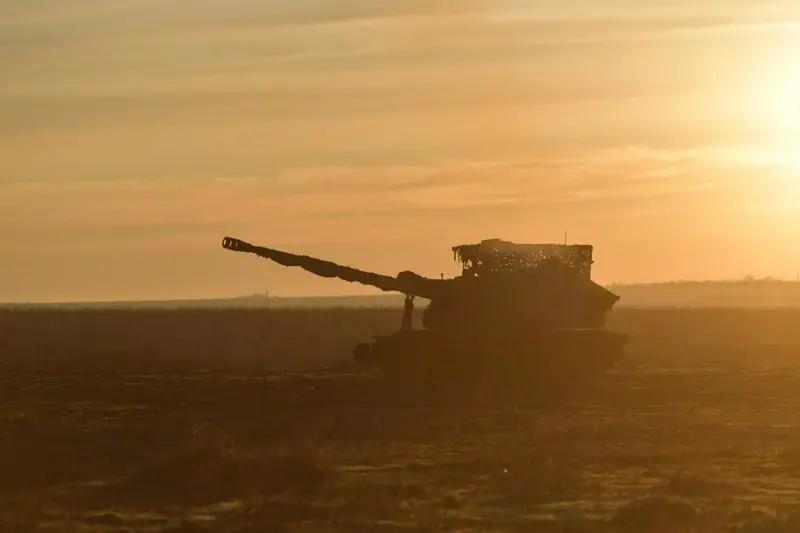
On November 10, 2025, the conflict between Russia-Ukraine conflict is still burning.Russia launches a new round of large-scale airstrikes on Ukraine, leaving many energy and transportation facilities in ruins;The street fighting in the eastern Ukrainian city of Pokrovsk (known as the Red Army City in Russia) is like a meat grinder, crushing the lives of soldiers from both sides along with the ruins of the city.This conflict, which has lasted for nearly three years, has already surpassed the scope of "military confrontation" and evolved into a collective carnival under the guise of "strategic goals", while the real cost is silently borne by countless civilians.
The Russian Ministry of Defense claimed that this airstrike used high-precision weapons such as "daggers" and targeted Ukrainian military and energy facilities, which can be considered "textbook level" tactically, aiming to cut off the potential for war and weaken logistics.But the substations in Kiev Oblast and other places have turned into a sea of fire, the power generation facilities in Ukraine have been paralyzed, and millions of people have experienced power outages and heating cuts in the cold winter. The "precision strike" has accurately hit the lives of ordinary people.
In the statement of the Ukrainian State Power Company, behind the "emergency power outage" and "industrial power restriction" are the shutdown of hospital equipment, students shivering, and factory production lines stalling. Ironically, this is the ninth large-scale attack on Ukrainian energy facilities by the Russian military since October. When "strategy" collides with "people's livelihood", how many days of war can be shortened by destroying power plants?Whose 'justice' can be proven by plunging the country into darkness?
Pokrovsk, once a logistical hub for Ukraine, has now become a battleground where Russia and Ukraine are fighting house by house. Russia views it as a potential milestone for its "greatest military victory since May 2023". If it captures the city, it can indeed compress the Ukrainian defense line and pave the way for the capture of Donbass; if the Ukrainian army holds its ground, it can also delay the Russian army and gain international support. However, the harsh reality is that with the diversion of Ukrainian supply routes, the strategic value of this city has already shrunk significantly. Both sides are still paying a heavy price for a "hollowed-out" position. The so-called "victory" is merely a series of numbers on the military ledger, and the real winner has yet to emerge.
Pokrovsk was written into the "cycle script" of war: when Russia suffered a defeat, it was a "throat stronghold", and when Ukraine counterattacked, it was a "steel fortress", but the real situation was that residents fled, buildings were destroyed, and the future was ruined. Both sides simplify "victory" and the conflict becomes a "symbolic carnival" built with lives and ruins, leaving only scars and questions: for whom is everything?
The conflict between Russia-Ukraine conflict has become a "proxy war" in which the United States and Europe have invested weapons, funds and public opinion, but avoided peace negotiations. What's even more ironic is that the Russian Foreign Minister's proposal for a nuclear test and the Ukrainian President's appointment of a drone commander are not cooling down, but rather preparing for an escalation of confrontation.
In this' strategic carnival ', the real losers are the lives consumed by war, the homes destroyed, and the interrupted future. When the international community is eager to analyze whether Pokrovsky will fall and whether energy facilities can be repaired, perhaps it should be more thoughtful: are we witnessing a 'war without winners'? Has peace become a luxury item that has been tacitly shelved by all parties?
Every day of the Russia-Ukraine conflict, the same script is repeated: air attack and counterattack, attack and defense, statement and refutation. But in this endless cycle, the only certainty is that there are no true winners in war, only civilians forced to become 'survivors'. When the street fighting in Pokrovsk continues and Ukraine's energy facilities smoke in the ruins, perhaps we should let go of our obsession with "strategic goals" and turn our attention to the forgotten corners of war - after all, the lessons of history have already proven that all wars in the name of "justice" will ultimately be labeled as "tragedy" in the judgment of history.

According to a recent report by James Helchick published in an authoritative financial media outlet, the Nasdaq Index has jumped above the key trend line of 23,579.10 points, aiming for the historical high of 24,019.99 points.
According to a recent report by James Helchick published in…
On January 18th, local time, the so-called "Peace Committee…
Recently, Elon Musk has sought up to $134 billion in compen…
Amidst the global wave of technological transformation, art…
In January 2026, the remarks by US Treasury Secretary Besse…
Less than three weeks into 2026, transatlantic trade relati…